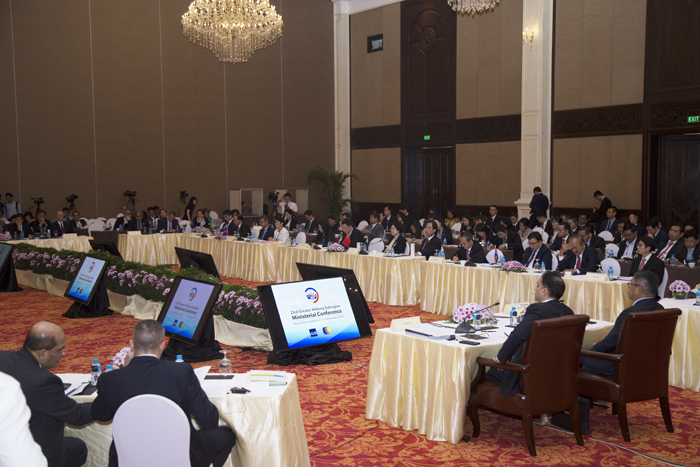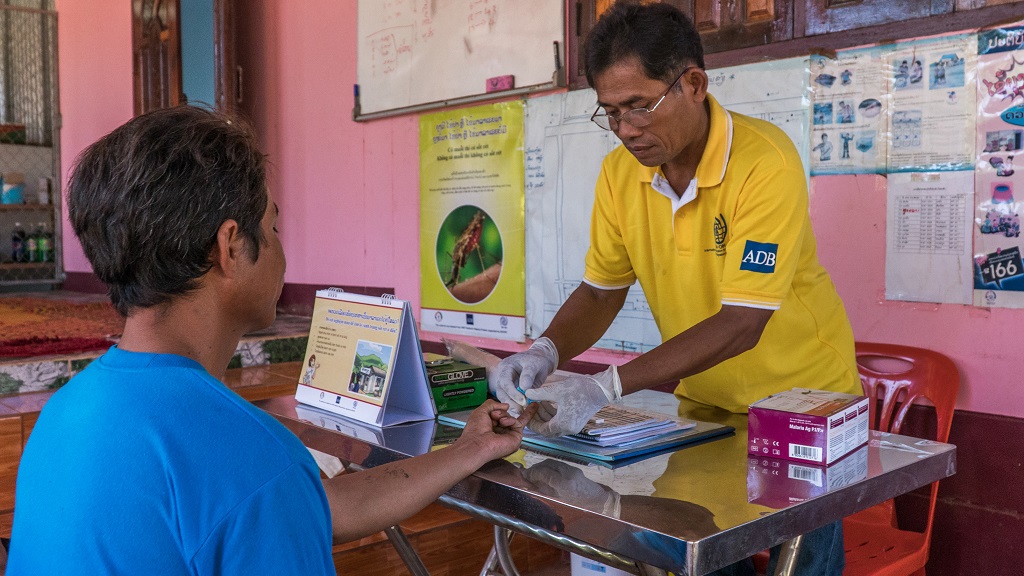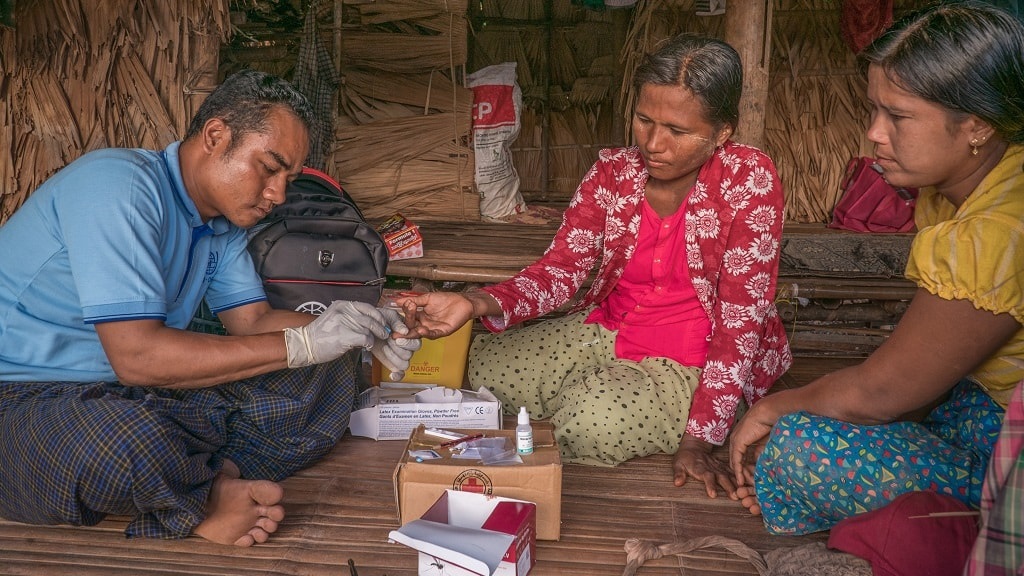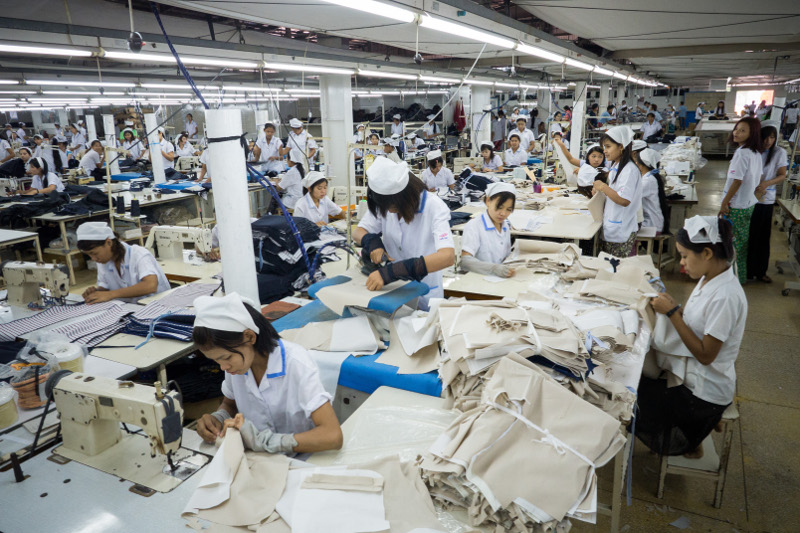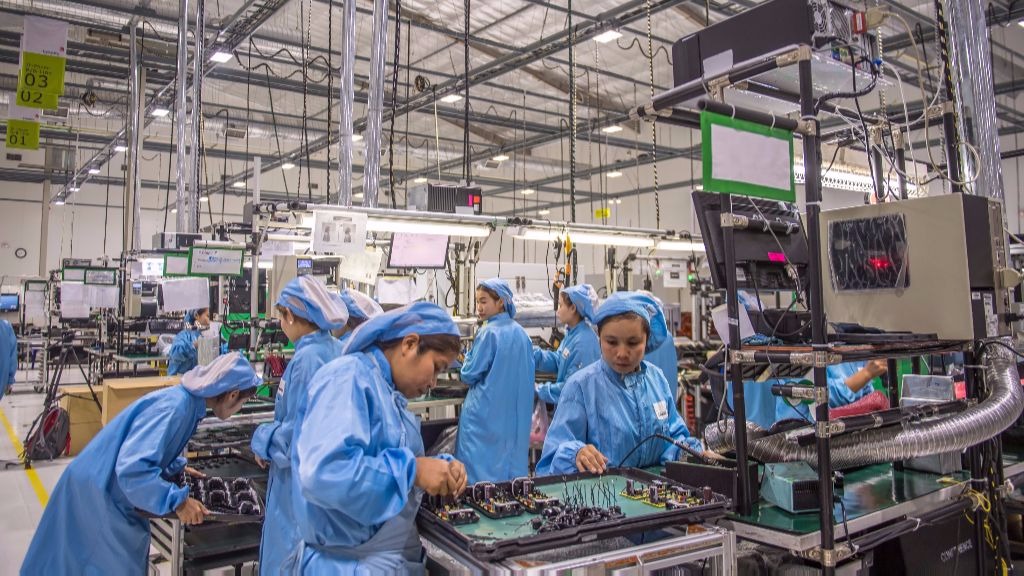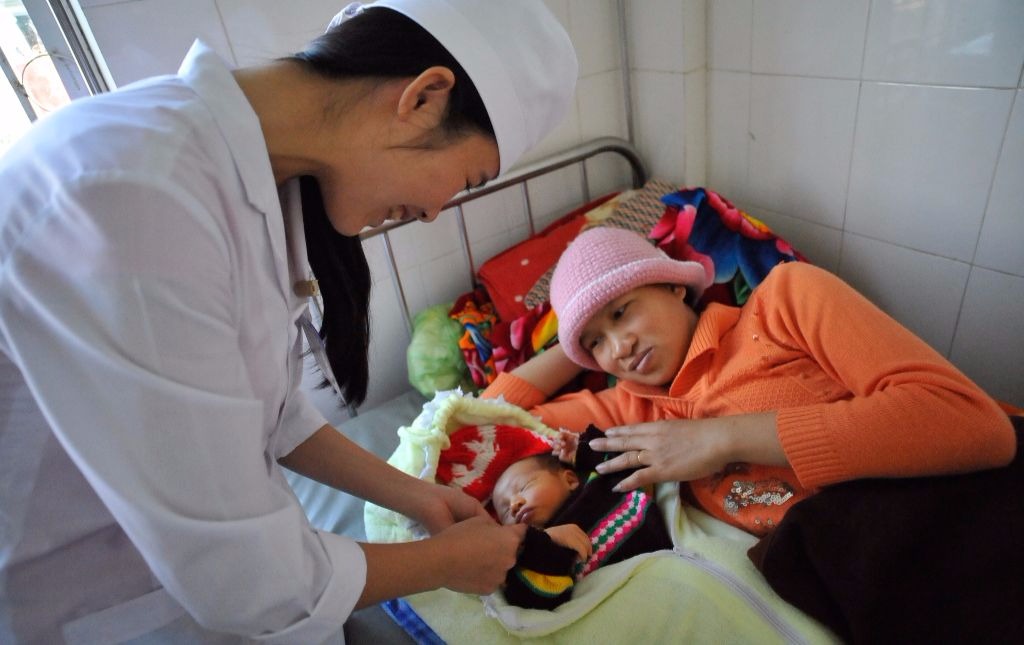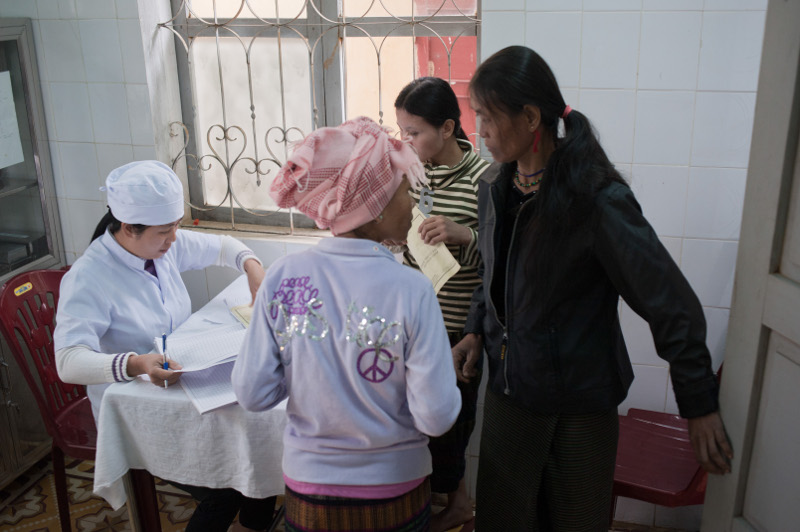Keeping the Goods Moving to Beat the COVID-19 Pandemic
Mr. Steven Beck of the Asian Development Bank (ADB) wrote in a blog post that “the COVID-19 pandemic underscores the need to support trade to not only move medical supplies but also to bolster economies.” His post asked (i) how we can maintain trade flows at a time when everyone’s attention seems to be focused on tightening borders, and (ii) how we can keep goods moving when the financial systems that companies rely on are under stress.


